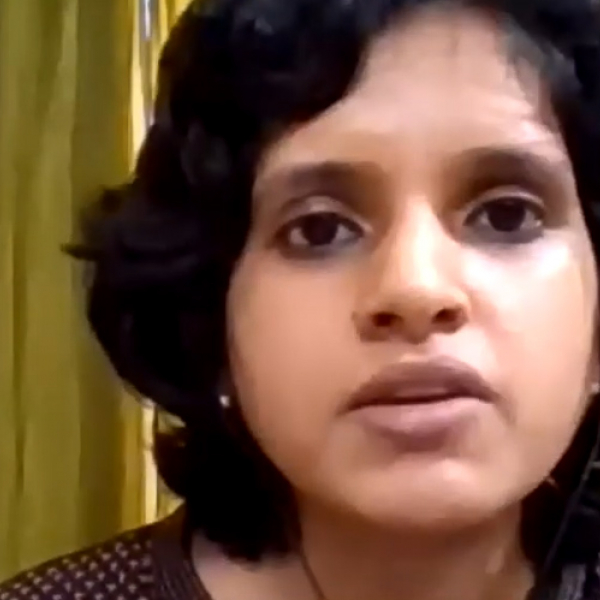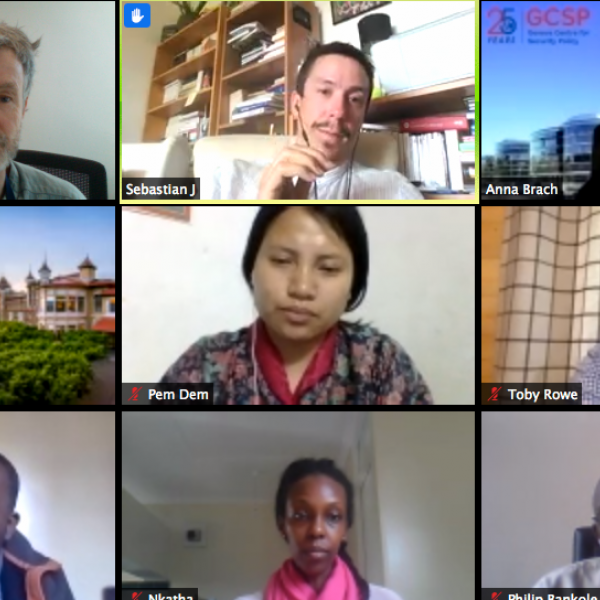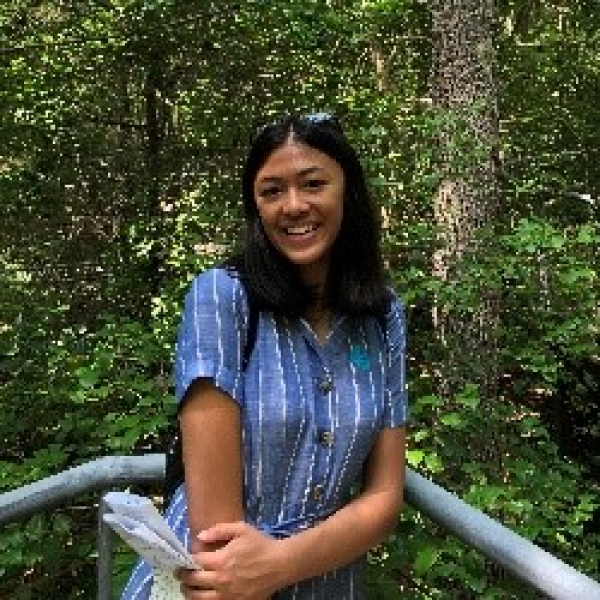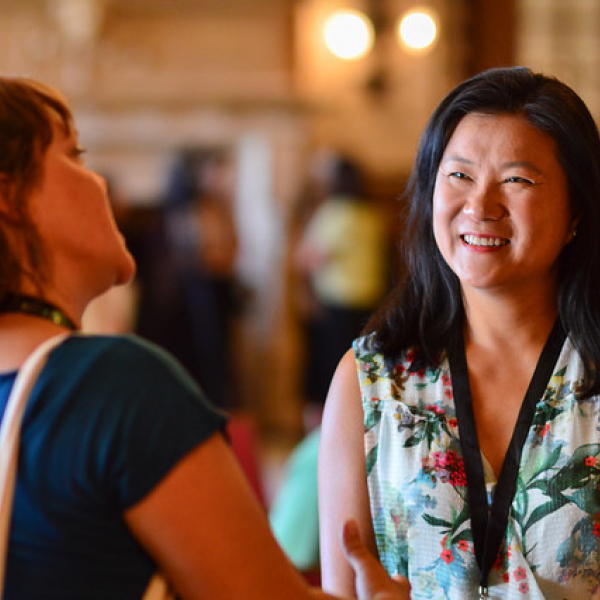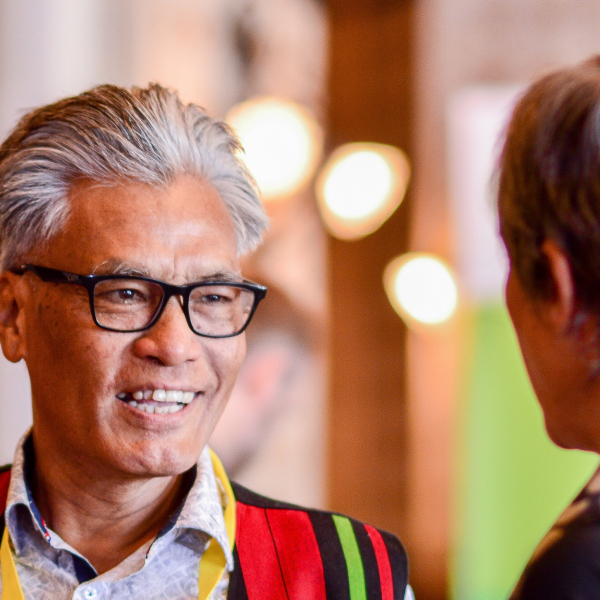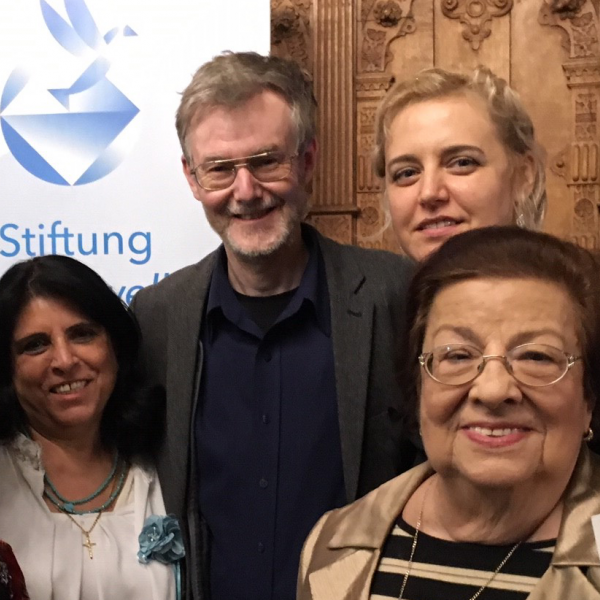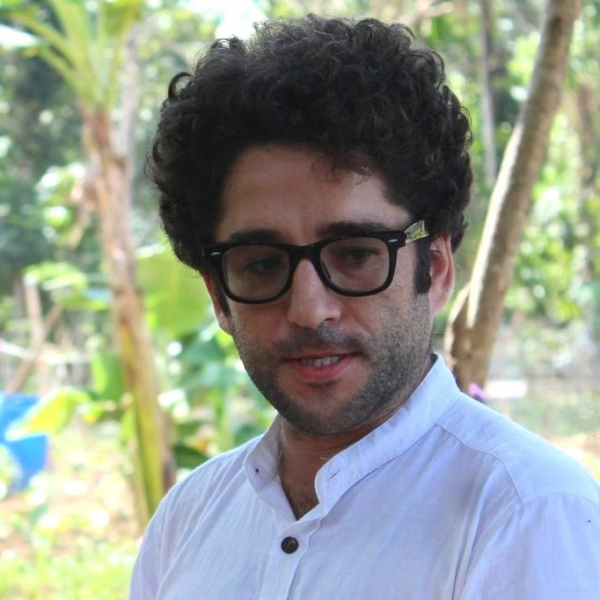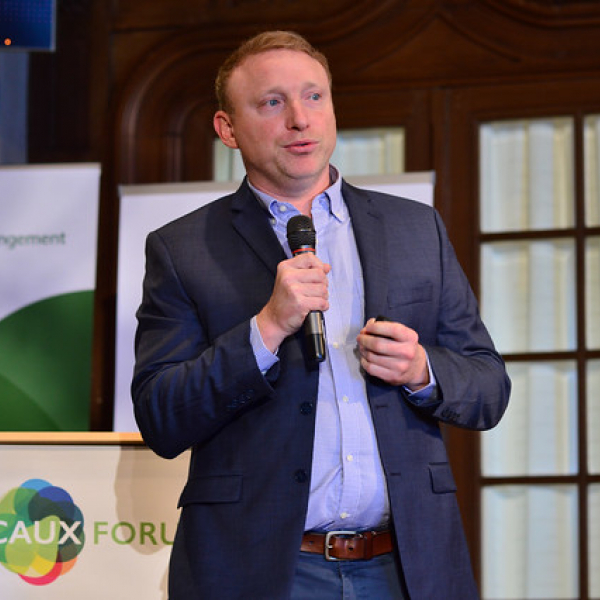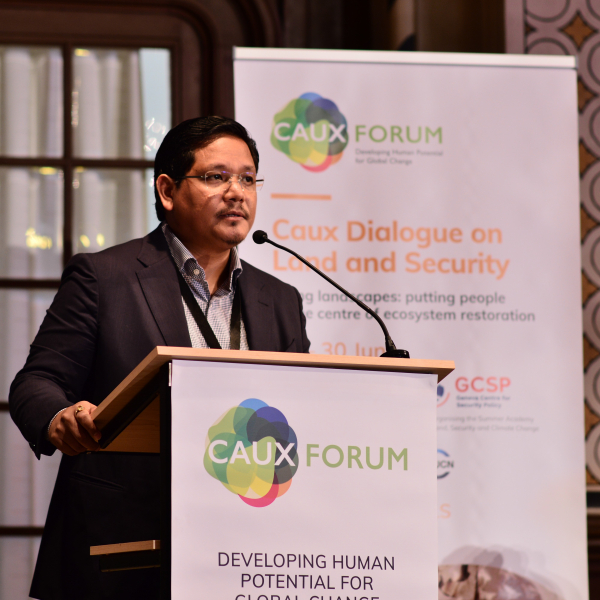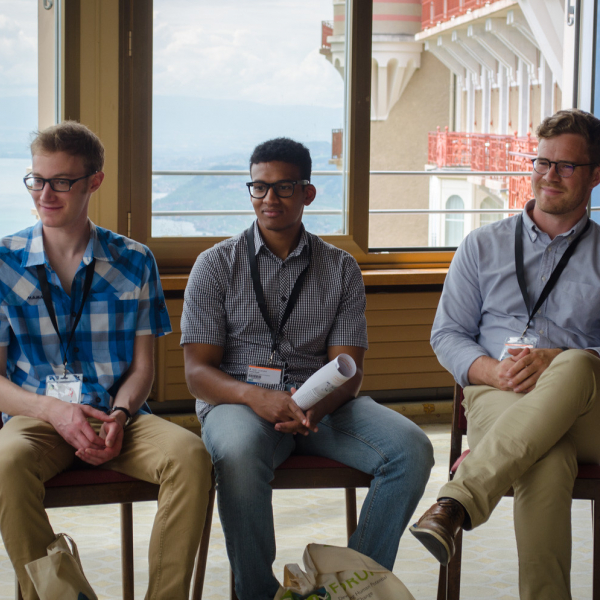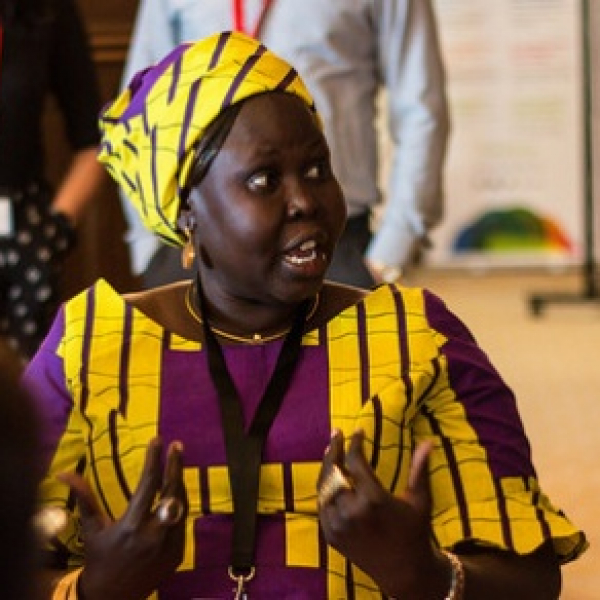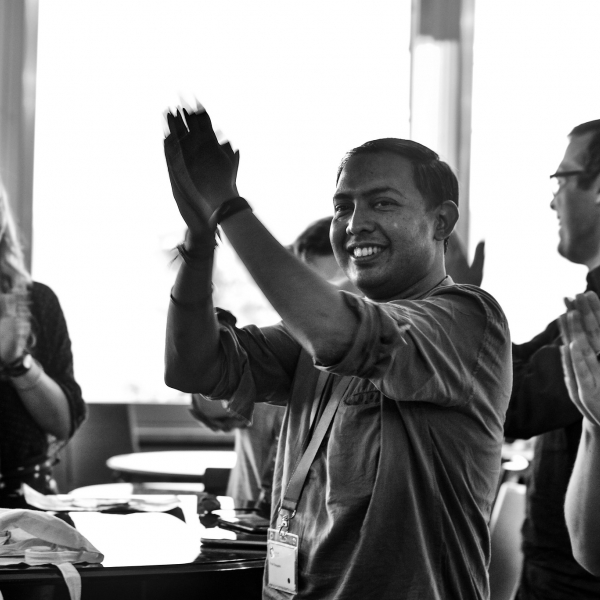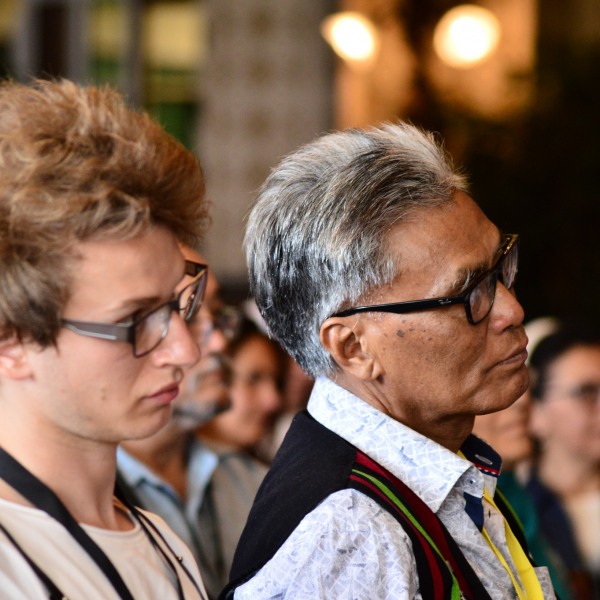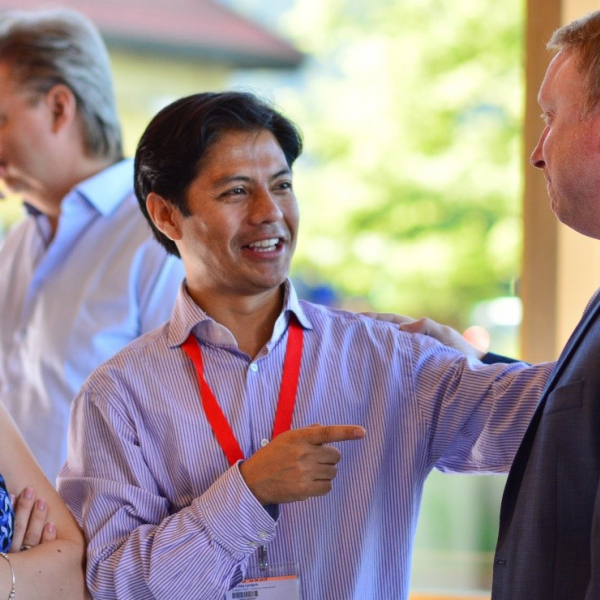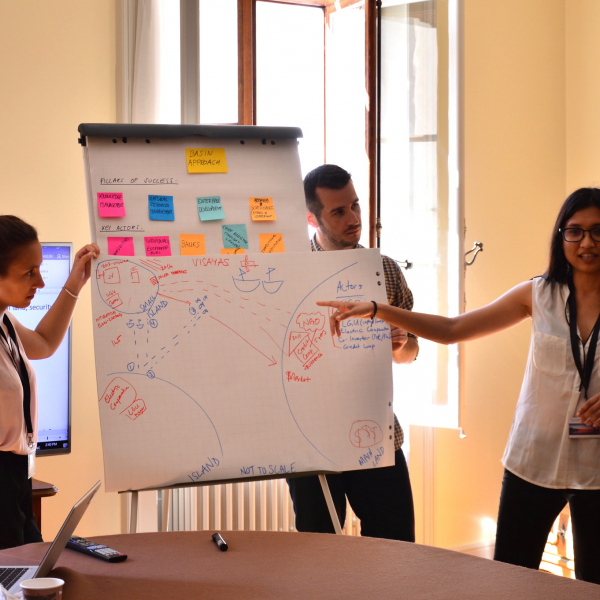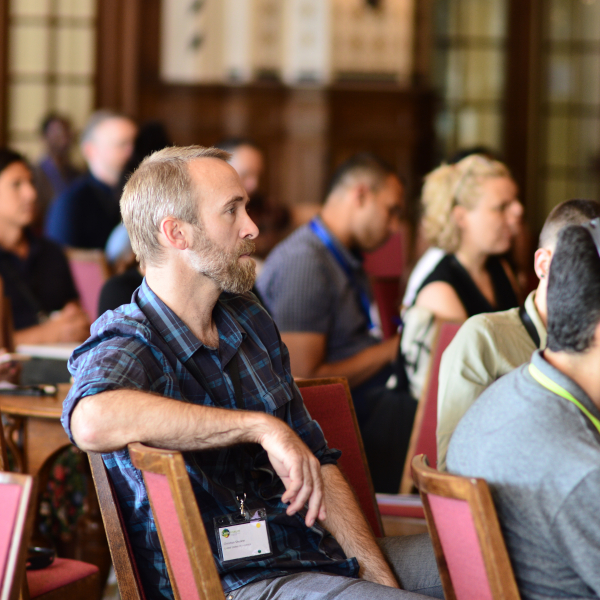Caux Dialogue on Land and Security 2019
Putting people at the centre of ecosystem restoration
02/07/2019
Since 2013, activists, experts, farmers and leaders have come together at the Caux Dialogue on Land and Security to explore the potential of land restoration in peacebuilding. This year, from 27 to 30 June, the focus was on governance, the environment and finance. The conference was filled with plenaries, workshops, dialogue groups and times for reflection.
The opening plenary on Thursday 27 June began by retracing the history of Caux and inviting reflection on future initiatives to protect the environment. Antoine Jaulmes, board member and former president of Initiatives of Change Switzerland, linked the organization's historic mission of reconciliation with theme of land restoration. ‘Human security depends on soil security,’ said Luc Gnacadja, former Secretary General of the United Nations Convention to Combat Desertification (UNCCD).
Attention then shifted to Kenya, with a presentation from Mukhtar Ogle, the Executive Officer of the President of Kenya, and then to India. Conrad Sangma, Chief Minister of the state of Meghalaya, and Chris Evans, farmer and IofC worker, described how Meghalaya gained independence from Assam without the anticipated violent conflict. Deepak Jadav gave his perspective as an activist engaged in Grampari, the rural development and environmental centre of Asia Plateau, IofC’s centre in India.
The themes of environment and governance were central in speeches and workshops. Elisabeth Labes described how the Borneo Orangutan Survival Foundation works with communities to protect orangutans. Sophie Howe, Future Generations Commissioner for Wales, showed how the ambitious guiding principles of the 2015 Wales Act, relating to environment, culture and well-being, can inspire other legislation.
The second day’s plenary focused on the concept of resilience – the ability to adapt to new conditions – in the context of climate change. Sue Riddlestone spoke of the experience of her organization, BioRegional, in promoting sustainable lifestyles on the local level. Roger Leakey, Vice Chairman of the International Tree Foundation, focused on agroforestry and land rehabilitation on a larger scale.
Peter Bucher, Officer in the Agriculture Development Programme of the International Union for the Conservation of Nature (IUCN), shared his passion for the soil and highlighted our connection to it. ‘We are part of nature and we have a role to play in it,’ said Christian Shearer, CEO of Regen Network, which uses blockchain to connect farmers and businesses.
The third theme of the conference, finance, was discussed in the plenary on Saturday, which focused on how to value and protect ecosytems. Louise Brown, Senior Climate Change Expert of the African Development Bank, described the potential of the Adaptation Benefits Mechanism (ABM) which helps to certify and value the social, economic and environmental benefits of projects to adapt to climate change. It provides an effective and innovative tool for mobilizing new funding from both the public and the private sectors.
‘We can shift from an extractive economy towards a regenerative economy,’ said Alan Laubsch, CEO of Generation Blue, explaining how to grow an Earth Positive economy.
At the heart of this discussion was the idea of attracting investment by rewarding conservation and regeneration activities. Such new technologies as Blockchain, which directly connects individuals and investors, offer transparency and efficiency.
During the final plenary, the speakers reflected back on the conference and the two programmes which had run parallel to it: the Emerging Leaders Programme and the Summer Academy on Land, Security and Climate Change. The Summer Academy is organized in partnership with the Geneva Centre for Security Policy (GCSP).
The coordinator of IofC’s International Farmers' Dialogue, Claude Bourdin, emphasized the link between personal and rural development. ‘It's not just a question of techniques, it's also a question of commitments of motivation,’ he said. He spoke alongside Pierre Lokeka, a farmer from the Democratic Republic of the Congo, demonstrating how CDLS creates opportunities for passionate people to meet and discuss change.
The best technology for fighting climate change is not technology, but collaboration and the sharing of knowledge, said Anna Brach, co-director with Alan Channer of the Summer Academy. Two of the Academy’s 18 participants, from Kenya and Syria, spoke of what they had gained from it.
The programme for next year’s Summer Academy is already being prepared, and participants are returning home to apply what they’ve learned in their communities. Networks are being created and collaborations have begun.
- Discover more photos of CDLS 2019 and the Summer Academy on Land, Security and Climate Change
- Watch the video on CDLS 2019.
Text: Apolline Foedit
Photos: Leela Channer
